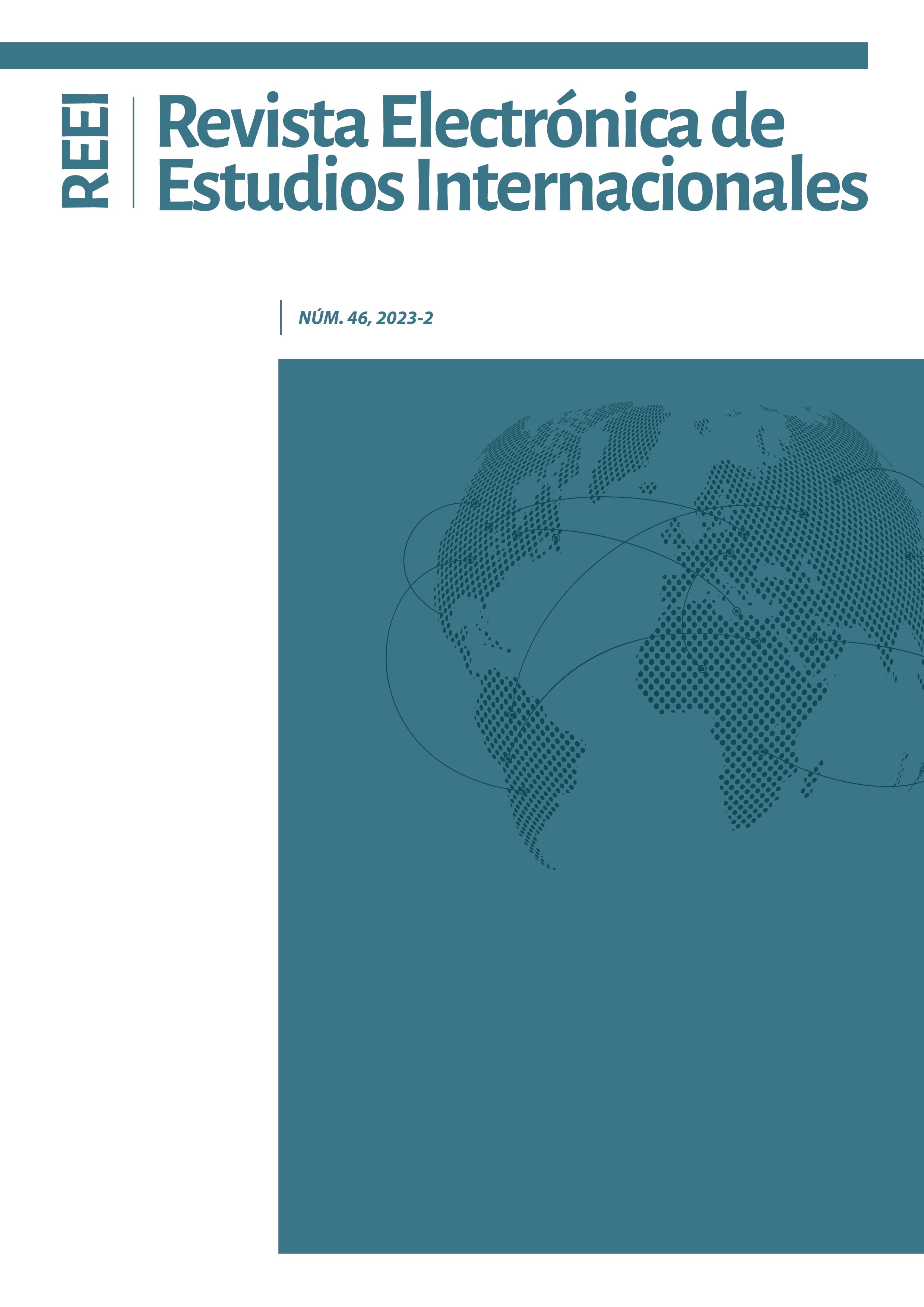La situación estratégica y el funcionamiento de la cooperación estructurada permanente como instrumento de seguridad de defensa europea
DOI:
https://doi.org/10.36151/reei.46.07Palabras clave:
PESCO, Unión Europea, Seguridad, Cooperación, Estrategia, Política Común de Seguridad y DefensaResumen
La Cooperación Estructurada Permanente (PESCO) ya se contemplaba en el Tratado de Lisboa, aunque su activación comenzó en diciembre de 2017 como un mayor compromiso en defensa de los Estados dentro del marco de la Unión Europea, que reforzaría la Política Común de Seguridad y Defensa. La PESCO incrementó la inversión en defensa y equipamiento militar y se compuso de unas fuerzas armadas de cada Estado Miembro que fuesen fácilmente desplegables para misiones y operaciones mejorando la competitividad tecnológica e industrial. A pesar de ello, y con Francia y Alemania a la cabeza del proyecto europeo, los miembros participantes adolecen de cultura estratégica común, situándose entre la autonomía estratégica europea y la compatibilidad con la OTAN. Tras la invasión de Ucrania por parte de Rusia en febrero de 2022 el germen de una unión militar parece más factible para establecer los medios de disuasión y actuación que garanticen la neutralización de futuros conflictos y amenazas provenientes de cualquier actor, incluyendo la amenaza rusa. El objetivo del trabajo es realizar un análisis de la situación política y normativa en la que se encuentra la UE en materia de seguridad y defensa a fin de determinar las claves de su funcionamiento y su categorización como potencia global en la escena internacional. Es necesario resaltar las relaciones con la OTAN y con terceros estados dentro de lo que sería la estructura de seguridad tanto europea como internacional.
Descargas
Publicado
Número
Sección
Licencia
Derechos de autor 2023 Revista Electrónica de Estudios Internacionales

Esta obra está bajo una licencia internacional Creative Commons Atribución-NoComercial-SinDerivadas 4.0.




